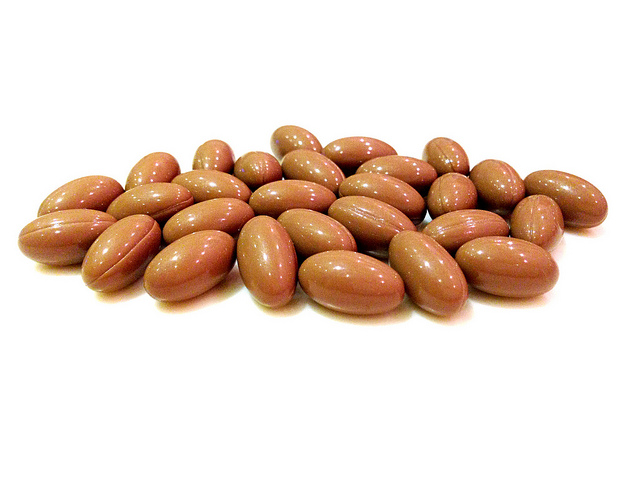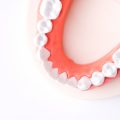The fast life pace of the modern age makes fast and inexpensive processed food tempting on a daily basis. However, this food often lacks nutrients that are important for a proper diet. Such a stalemate has seen the rise in dietary supplement use, swinging once humble industry into a multi-billion dollar arena. Even more importantly, dietary supplements are an essential piece of many diets, as they provide vitamins, proteins and healthy fats.
Popular Diet Types
Among popular dietary regimes, one of more famous is the Atkins Diet. It controls the level of insulin through nutrition. By reduction of insulin levels through reduced refined carbs intake, combined with mineral and vitamin supplements, this diet programs our body to burn stored fat rather than glucose. Similarly to the Atkins Nutrition Program, the Zone diet also targets insulin levels, but it focuses on smaller portions of balanced meals containing low carbs and lean protein, rather on reducing carbs in total in favor of protein and saturated fats.
Supplement Types
Although no nutritionist can deny that the best source of nutrients is a healthy, balance diet based on fresh, whole foods, including fruits and vegetables, in many scenarios, supplements can save the day, providing the nutrients we failed to take.

- Multivitamins – the basic supplement that needs to complement every diet plan. They contain a number of essential vitamins and minerals that are difficult to come by through a dietary regime. Calcium is responsible for the bone strength, vitamin B12 provides us with extra energy for the day, while vitamin D regulates your immune system. In a nutshell, multivitamin is the most diverse supplement that one can add to their diet. However, nutritionists recommend using all-natural multivitamin supplements that are derived from food sources, rather than synthetic nutrients which are harder to absorb.
- Protein – the body’s primary building material for muscles, bones, skin and tissues in general. These supplements often come in form of powders or shakes, and some of them, like Herbs of Gold combine holistic approach, including a range of natural source nutrients, helping the body recover from exercises. If you are on a dietary regime that favors vegetables and low carbs to meat and dairy products, these supplements kick in to make up for the lack of protein-rich foods. Protein supplements, however, if taken excessively can be harmful to certain groups of people, especially those suffering from kidney function disorders.
- Healthy Fats – not to be taken for granted, as there is a common misconception that all fats are bad. That claim should be taken with a pinch of olive oil. Fat is essential element in our body, responsible for a number of processes, from building cell membranes to maintain the proper brain, eyes and lungs function. In addition, fats are crucial for our cardiovascular health, but also for the skin and hair condition. Apart from being beneficial to our heart functioning, omega 3 supplements can also reduce triglyceride levels and boos the good cholesterol – problems associated with unhealthy, trans-fats intake.
Supplements are now available more than ever, however it pays off to be wary and chose only quality products. Do yourself a favor and read through the ingredients carefully and select only those derived from natural sources, consulting your physician in the process.




























No Comments
Leave a comment Cancel